Leonardo DiCaprio Isn't Even The Best Thing In The Revenant
Come for Leo, stay for the filmmaking masterclass.
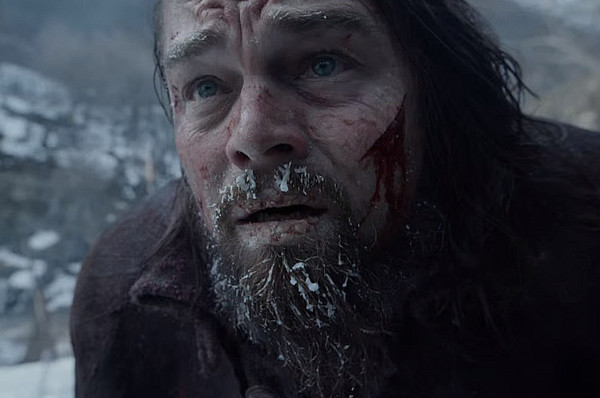
Rating: ★★ ★★★
Leonardo DiCaprio is, without a hint of hyperbole, one of the greatest actors working today. An immensely talented performer with a strong understanding of cinematic art and dab eye for a great project; he's a member of that highly exclusive club (alongside Mads Mikkelsen and Oscar Isaac) of actors so consistent that I'll get excited about their upcoming projects on promise alone. Not every one of his movies is great (we've all seen, then forgotten, Body Of Lies), but you know he'll always bring something new and interesting to the table.
It should come as no surprise that his latest performance, the role of the vengeful Hugh Glass in The Revenant, is one of his best. Just as the character is working against the odds, left for dead in the extreme winter of the America frontier, Leo is out of his comfort zone, working with little dialogue and for vast stretches acting alone. It's a towering career landmark that puts real focus on his often undersold subtlety. When he steps up to take the Oscar for Best Actor, I'll be cheering and scoffing at all those old memes like the rest of you.
And yet, when it comes down to it, there's no avoiding a rather uncomfortable truth; he wasn't the best thing about the movie.
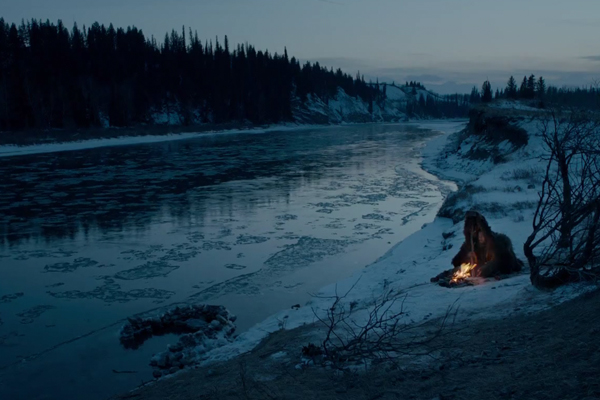
Alejandro G. Iñárritu's The Revenant is a masterclass in naturalistic filmmaking. Whether it's the simple crunch of a boot in the snow or an intense bear attack, every element of every action is fully recreated; through impeccable audio, lighting, set design and visual effects, the film is jaw-droppingly real. It's almost like this isn't even a dramatisation; at key moments breath fogs up the camera and ice and blood sticks to the lens, blurring any line between what's on screen and reality.
Essential to this is the work of Emmanuel Lubezki, who has won the Best Cinematography Oscar in the past two years and is pretty much a dead cert again this year. From the painfully wide shots of the lifeless snowy landscape to the plentiful upwards angle shots taking in the moving branches of trees, the film looks beautiful, and every part of that beauty works to accentuate the realism of the other aspects of the film, especially in his use of long continuous takes.
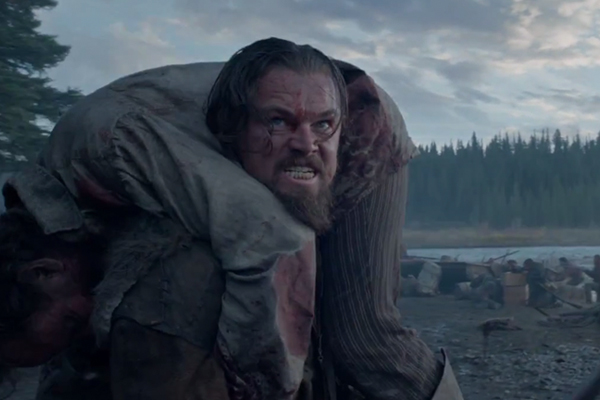
Most cinematographers clearly don't know what they're doing with extended takes, getting two minutes into one then not being quite sure how to wrap it up (see: pretty much every blockbuster from the past year). But here things are confidently different; each shot is the length it needs to be, be it one second or one-hundred-and-twenty, and they're all constructed so they can be fluidly edited into what follows. The key is that Lubezki isn't showing off. He's not trying to prove that he can shoot for three constant minutes; he's using the fact that he can to better emphasise the movie's overwhelming sense of place.
Cinema is so often cited as a transformative medium, able to craft a stylised view of the world and present it to an audience, but with The Revenant Iñárritu reminds how it can also be a transportive one. He takes you completely into the land of the Frontier, with its barren plateaus and towering mountains, and you experience it as sensorily as is cinematically possible (unless you wanted to go as far as turn the air conditioning on).
The result is breathtaking and horrifying in equal measure. There's a majesty to the cold barrenness, which is beautiful in its own right, but it means that when we get to the sequences of intense, sustained violence the pain is unavoidable.
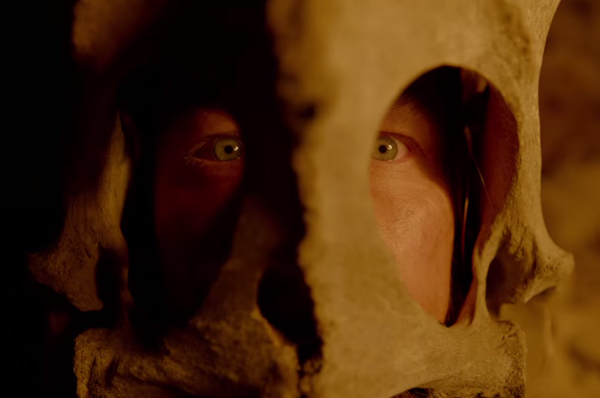
It's not just on a pure visceral level that The Revenant's slavish (and - judging by behind-the-scenes stories of the production - brutal) filmmaking pays off, however. If it was, it could easily wind up being a single-serving experience, something to watch and be exhilarated by once before never thinking of it again (see Gravity, which Lubezki also worked on); a rollercoaster, rather than a work of art.
But there's a real weight to the movie, and the meticulously real landscape serves to highlight that. Coming at the height of the American Frontier, the film deals heavily with America's relationship with its native population, and in turn those native's relationship with their land. Seeing that land so unforgivingly recreated lends a spiritual bent to Glass' journey, personified by several trippy dream sequences, which all builds towards some harsh truths about the notion of civilisation.
Yes, through all this you have DiCaprio, playing alongside Tom Hardy's self-serving Fitzgerald and Domhnall Gleeson's Captain Henry, who are all great in their own right (especially Leo), but they are just tiny figures against the movie's vast, impeccably made landscape. Far from just being a performance piece like many movies that get unending Best Actor Oscar hype, The Revenant is a film meticulously conceived on every single level, bringing its story to life in the most truthful and painful way possible.
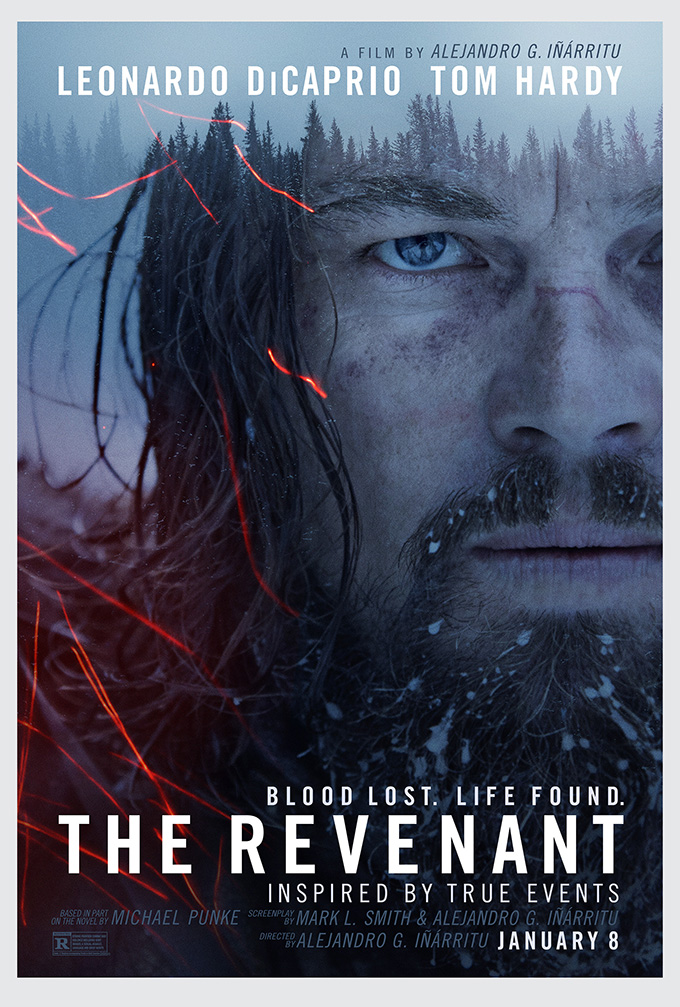
The Revenant is in cinemas now.